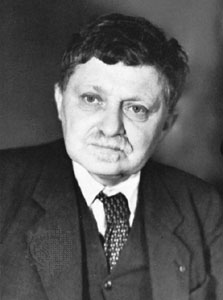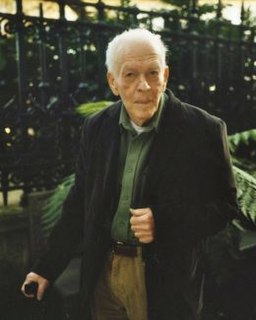A Quote by Raymond Chandler
Love interest nearly always weakens a mystery because it introduces a type of suspense that is antagonistic to the detective's struggle to solve a problem.
Related Quotes
Love interest nearly always weakens a mystery because it introduces a type of suspense that is antagonistic to the detective's struggle to solve the problem. It stacks the cards, and in nine cases out of ten, it eliminates at least two useful suspects. The only effective love interest is that which creates a personal hazard for the detective - but which, at the same time, you instinctively feel to be a mere episode. A really good detective never gets married.
I read a lot of detective stories because they always deliver. They give you a beginning, a middle, and an end - a resolution. The modern novels I read don't always deliver because I'm looking essentially for a story. As in Shakespeare, "The play's the thing." In particular I read detective stories for pacing, plot and suspense.
I think Dirk [Gently] thinks that he's a brilliant detective, but he's the worst detective, ever. He does have this particular skill, which I suppose you might call a really bad superpower because it's just not very helpful. He is able to sense the connections between things and he's nearly always right, but the problem is that he never knows what to do with any of those messages that he receives from the universe, so he just acts on things and gets himself into terrible trouble, all the time.
Human beings are like detectives. They love a mystery. They love going where the mystery pulls them. What we don't like is a mystery that's solved completely. It's a letdown. It always seems less than what we imagined when the mystery was present. The last scene in `Blow Up' is so perfect because you leave the theater still dreaming. Or the end of `Chinatown,' where the guy says `Forget it, Jake, it's Chinatown.' It explains so much but it only gives you a dream of a bigger mystery. Like life. For me, I want to solve certain things but leave some room to dream.
A lot of readers and a lot of editors had a story problem with Oracle, in that she made for such an easy, convenient story accelerator, that we missed the sense of having characters have to struggle to discover, to solve mysteries. Famously, it helped make Batman less of a detective and more of a monster hunter.
Solving the population problem is not going to solve the problems of racism, of sexism, of religious intolerance, of war, of gross economic inequality. But if you don't solve the population problem, you're not going to solve any of those problems. Whatever problem you're interested in, you're not going to solve it unless you also solve the population problem. Whatever your cause, it's a lost cause without population control.





































